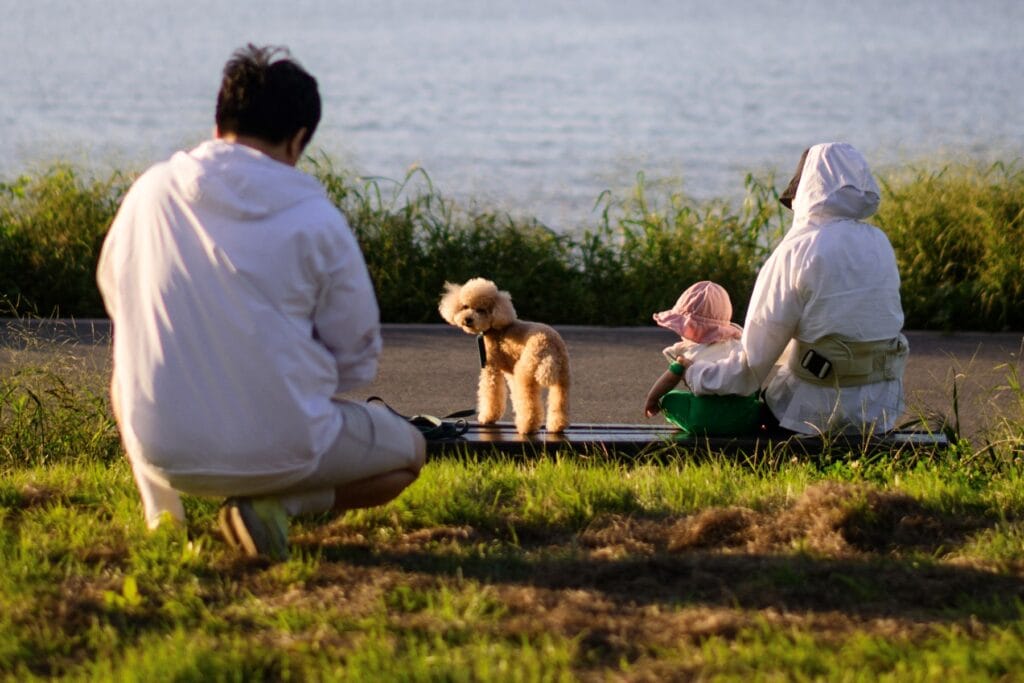September 30, 2025
SEOUL – Out of all the babies born in South Korea, only 40 percent of the babies with foreign nationality and 60 percent of the babies with Korean nationality have received a state-funded health check-up, a government data showed Monday.
A total of 39,520 foreign babies born here were eligible for a health check-up as of August, according to the Ministry of Health and Welfare and the National Health Insurance Service data revealed by Rep. Suh Myung-ok of the main opposition People Power Party. Of those, just 15,859 had received a health examination.
The South Korean government provides a total of eight health check-ups for children between 14 days and 71-months old, regardless of whether they are covered by the state health insurance plan. Parents can apply either online via the regional government’s public service page or at local hospitals with pediatric departments.
About 59 percent of babies and toddlers with Chinese nationality received at least one checkup, followed by 37.3 percent for Japanese, 37 percent for Mongolians, 36.4 percent for Cambodians, and 35.3 percent for American babies. Thai babies and toddlers were the least likely to receive a checkup, at 23.9 percent.
The data also showed that only 1.09 million South Korean babies and toddlers received a state-funded check-up, out of the 1.8 million eligible children of that age group.
The government strongly recommends medical examinations for all young children, but many parents still skip the process.
The figure for foreign babies may be even worse than the 40 percent estimate above, because they are not subject to Korea’s mandatory birth registration system.
Starting on July 19, 2024, the government implemented a system where a medical institute has to register the birth of a baby if the parent fails to do so, to ensure that children receive protection by the state-provided safety net.
But babies without South Korean nationality are not subject to the system, meaning the state has no way of keeping track of them if their parents do not report their birth to the authorities.
“Children’s health in the earliest stages is directly related to their lives, yet over half of the foreign babies do not receive health check-ups,” said Suh.
She urged the government to provide a system to keep track of all babies born here, including those without South Korean nationality.







